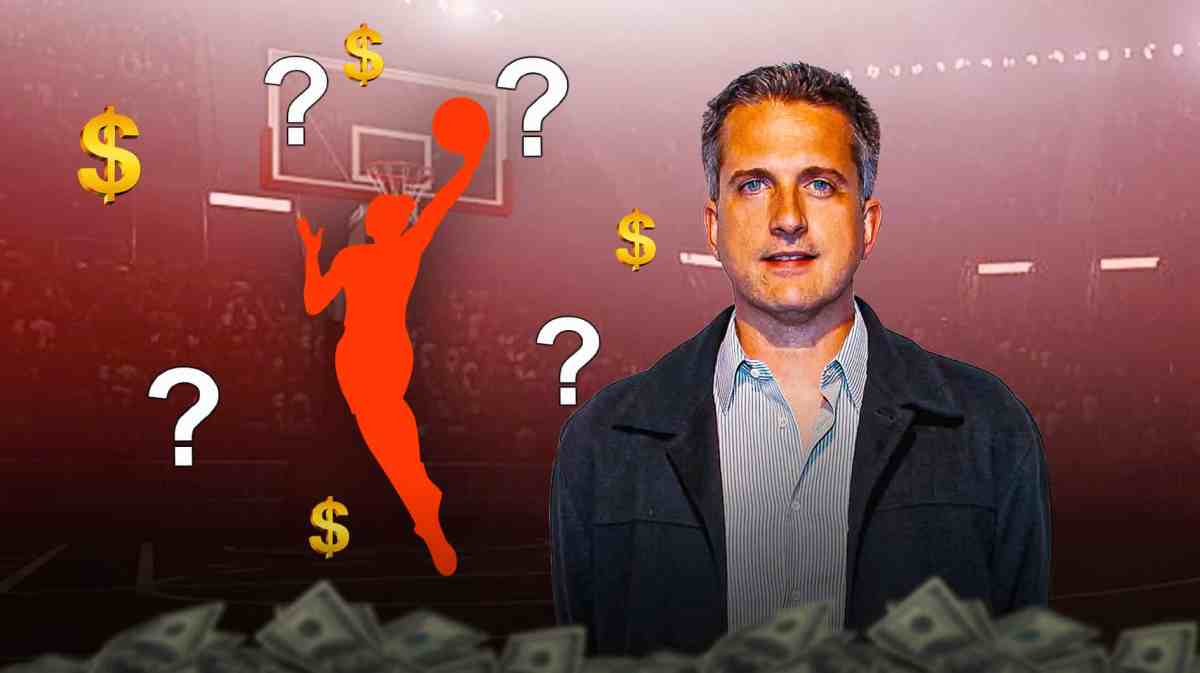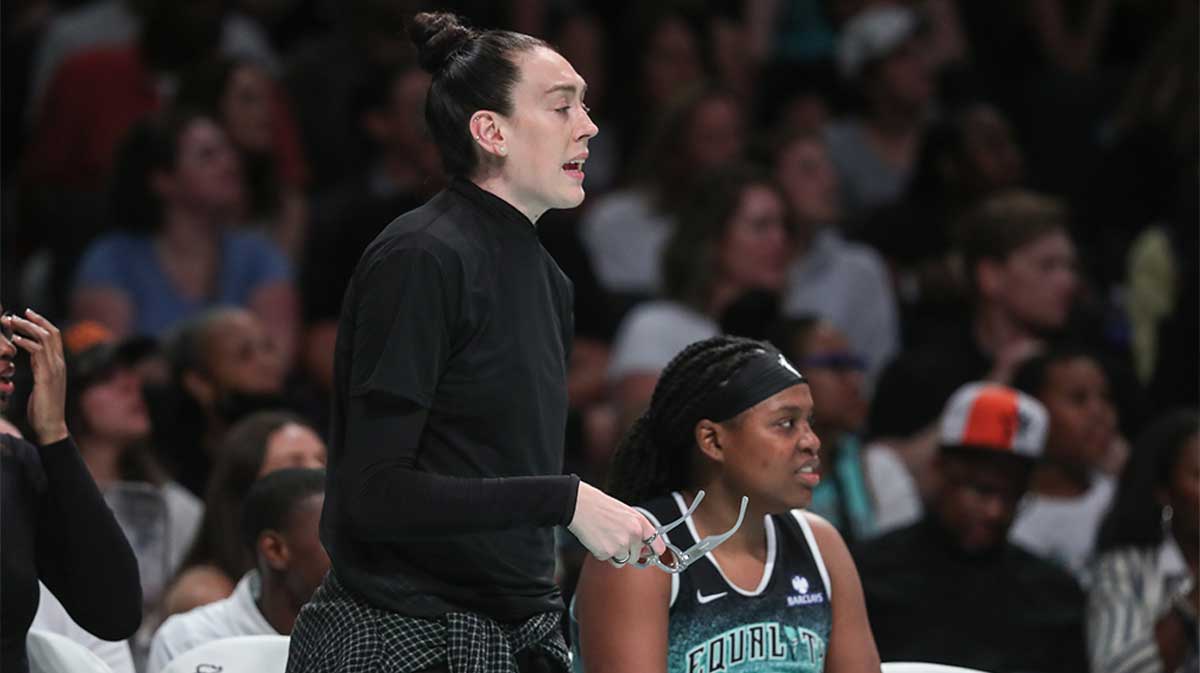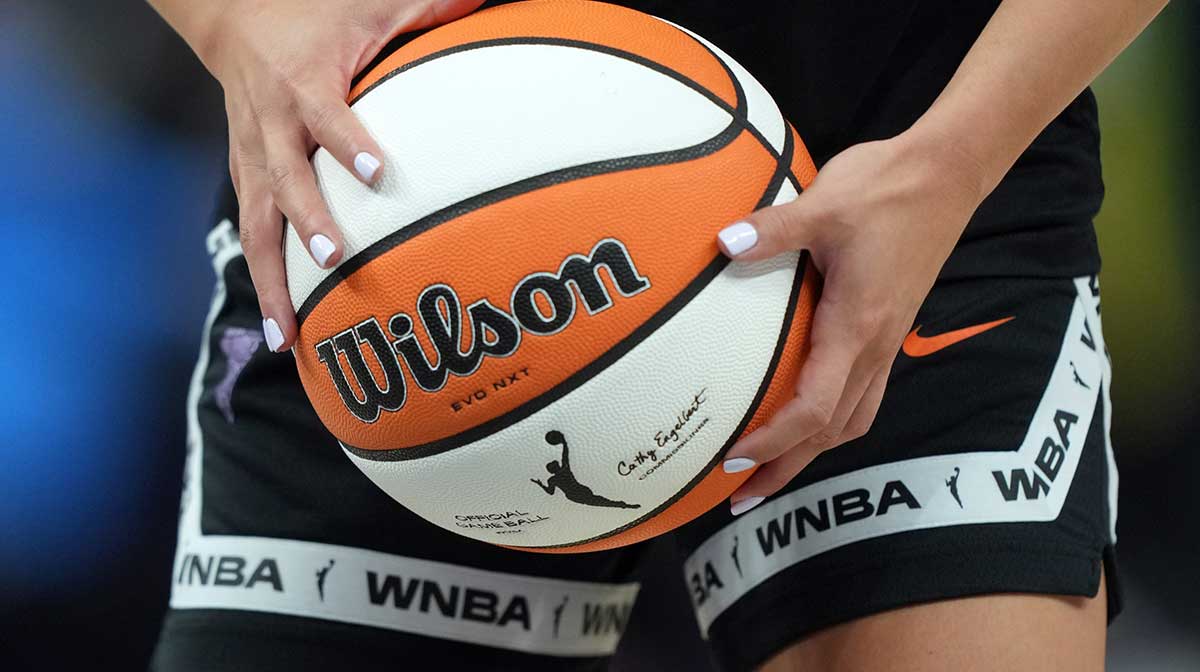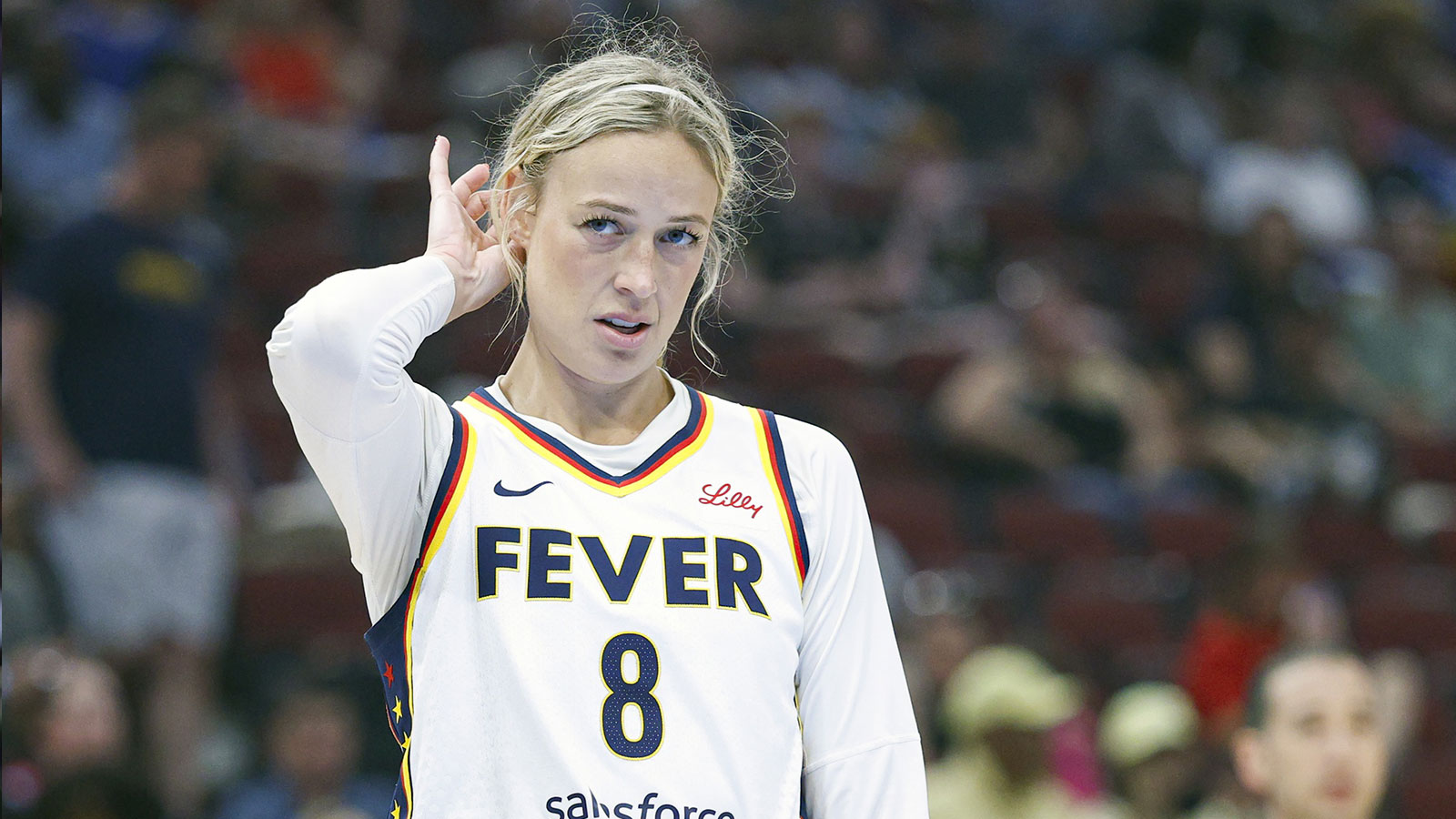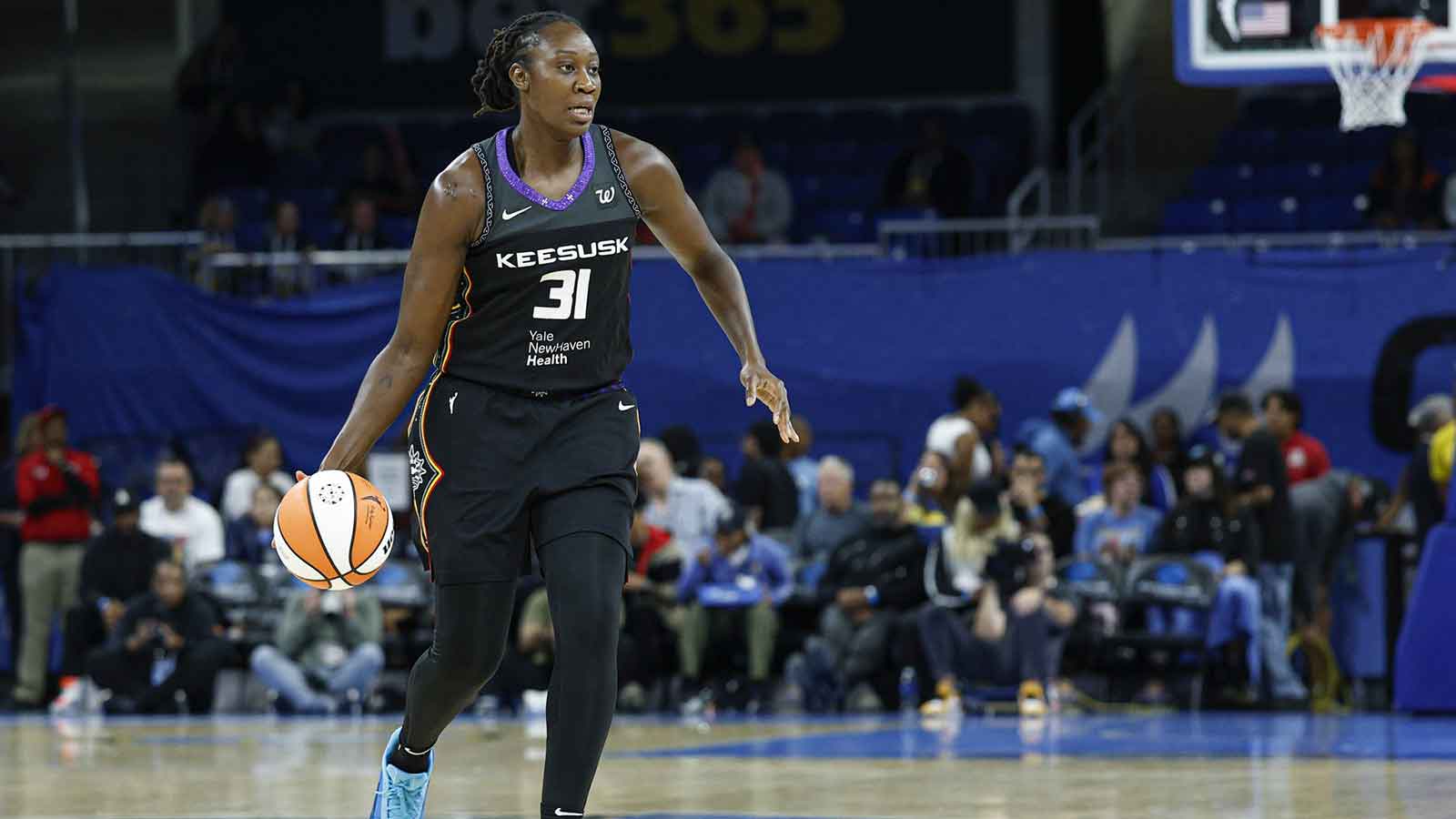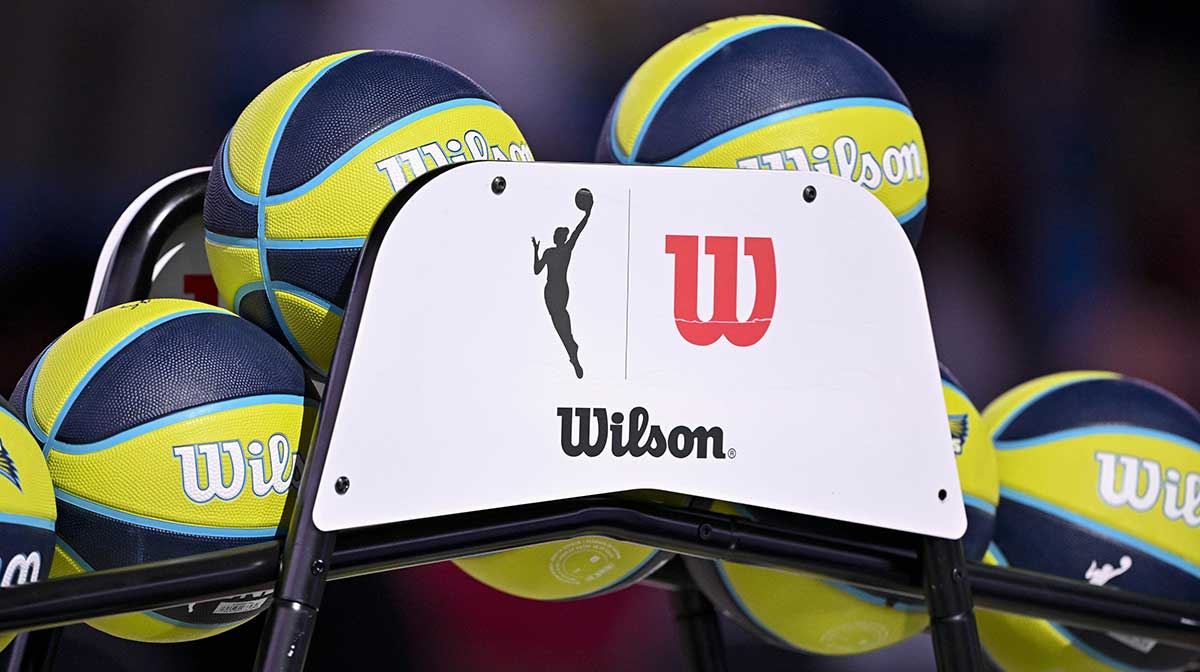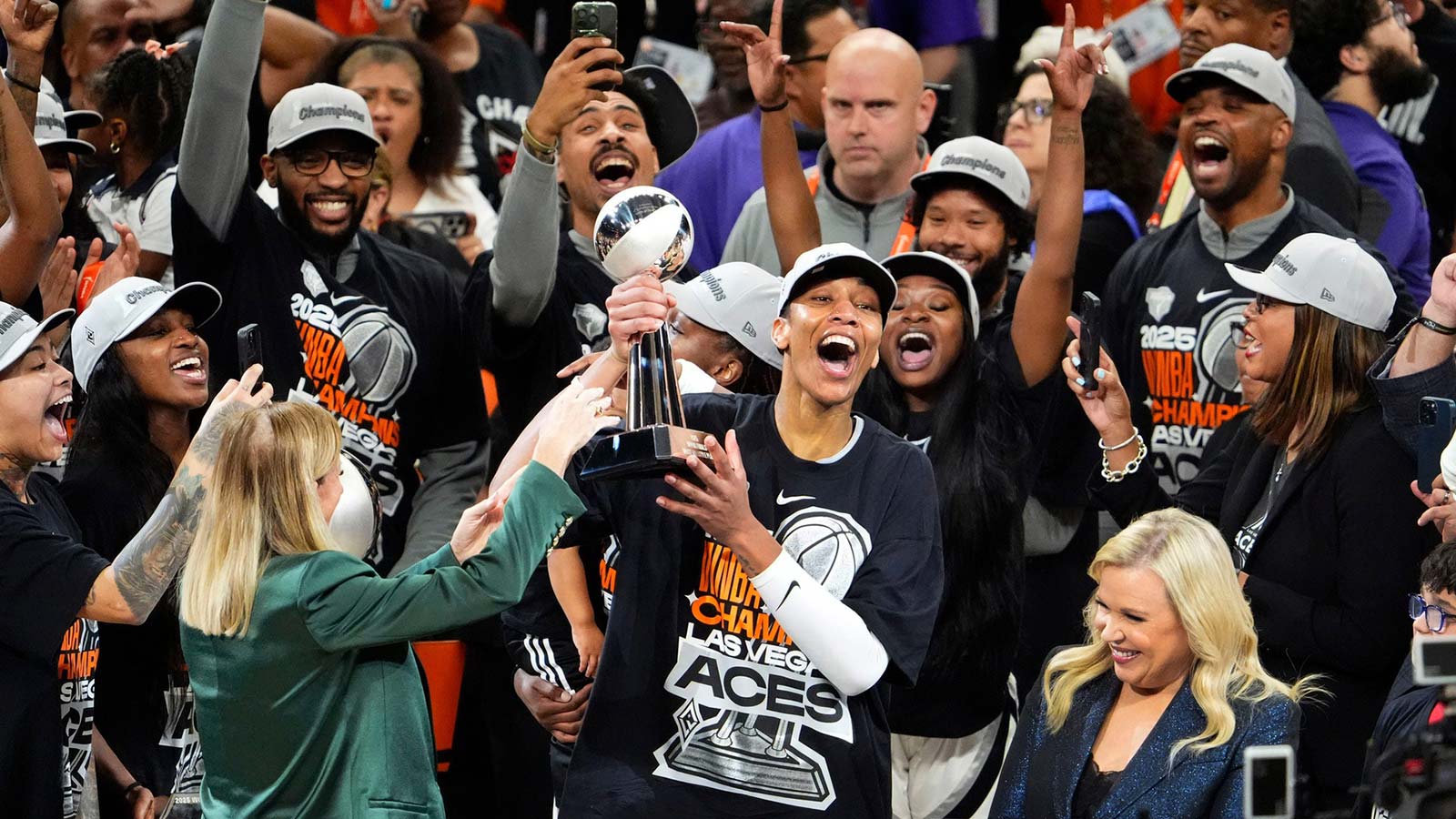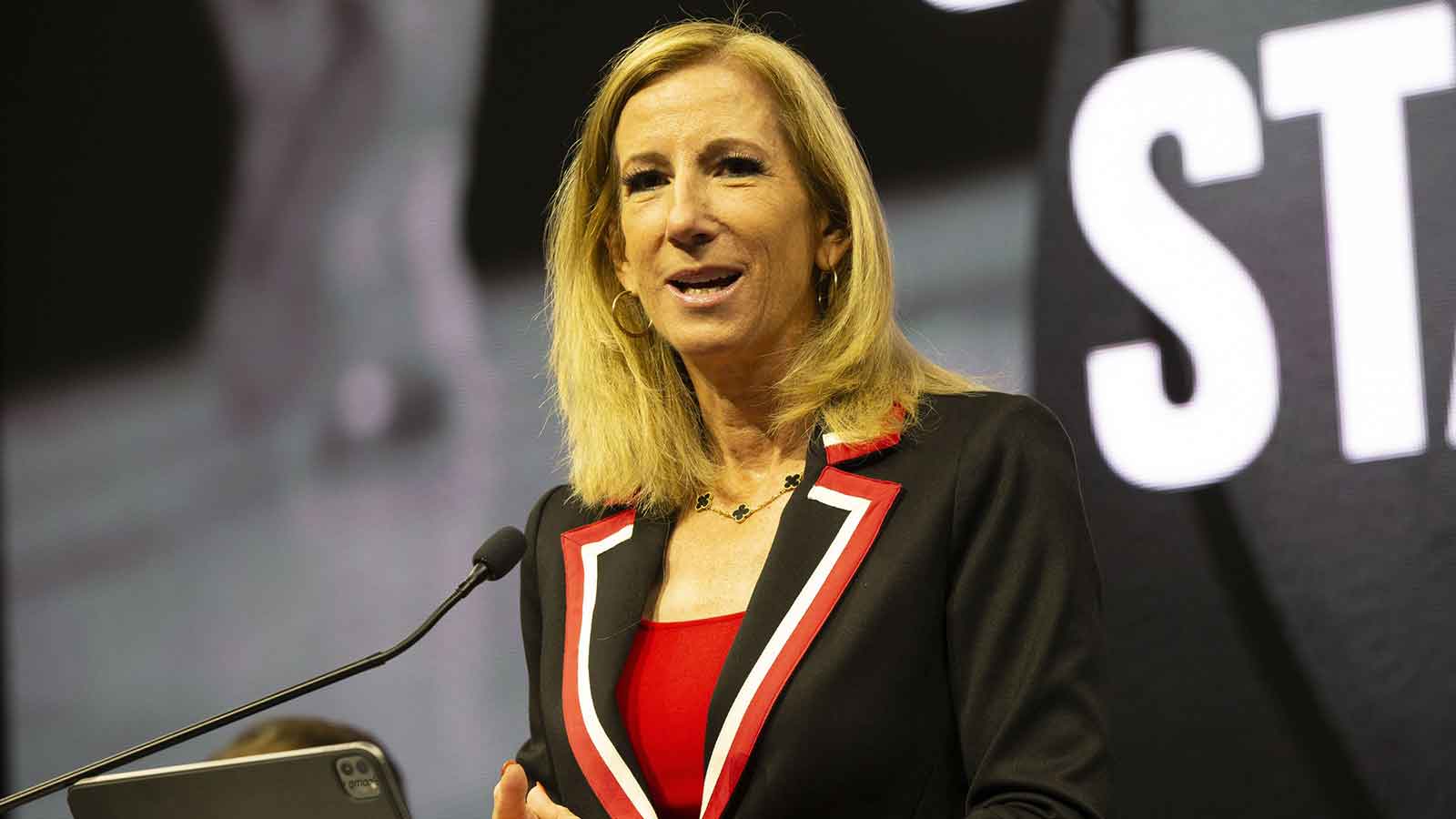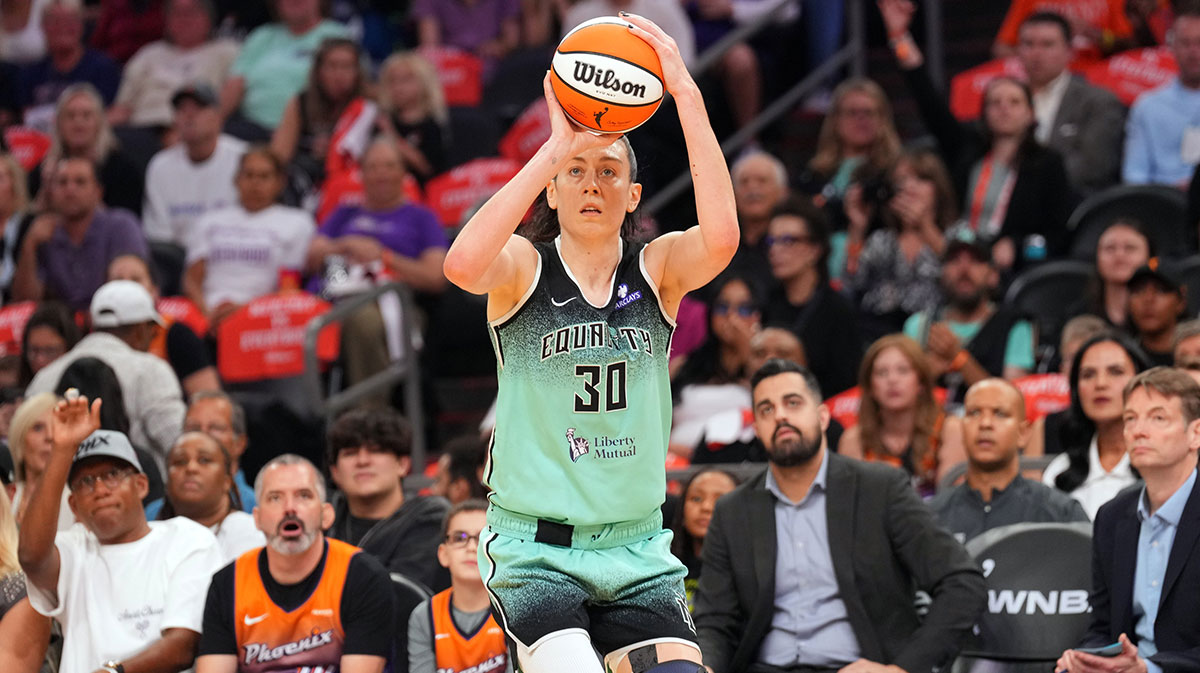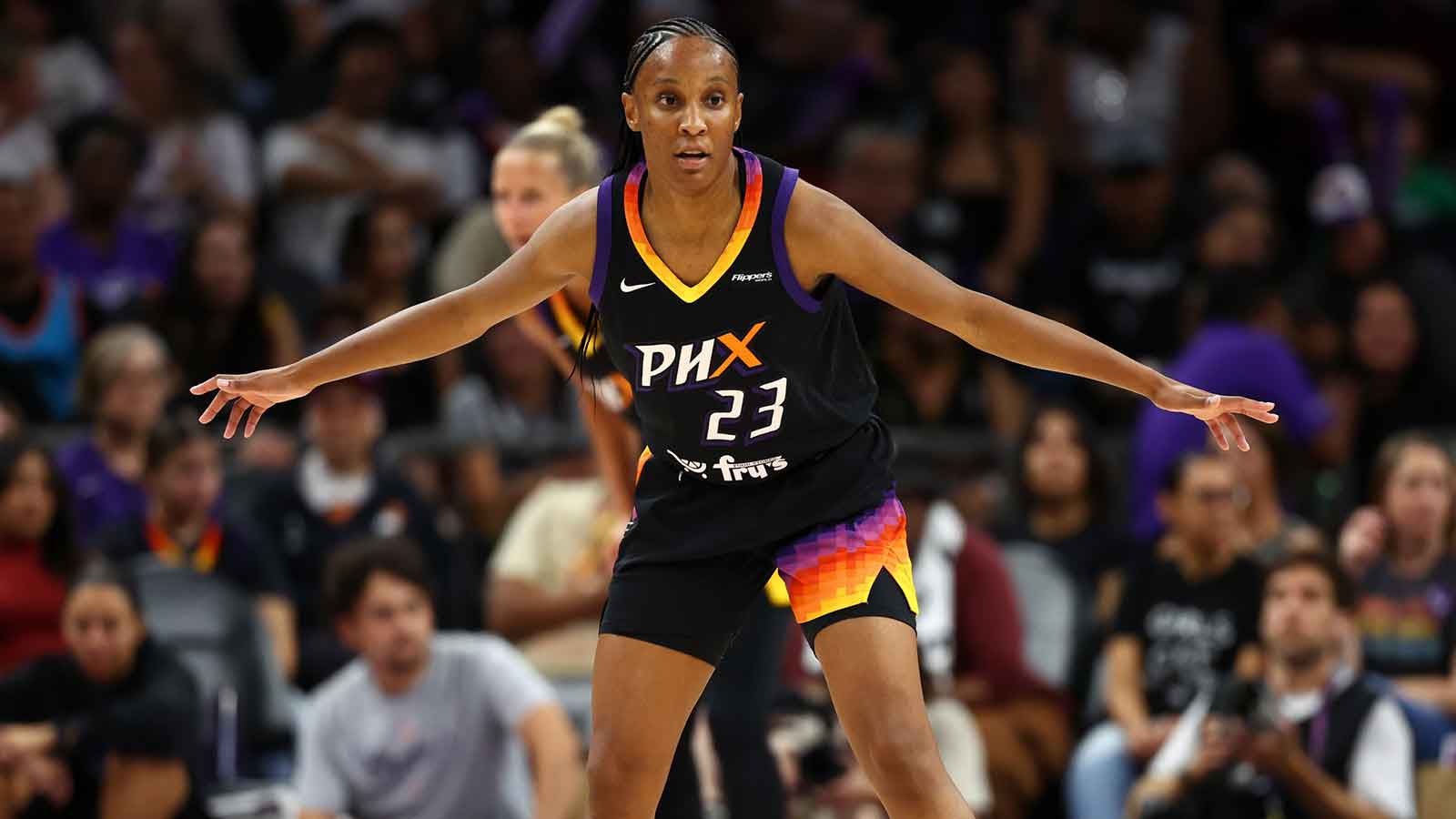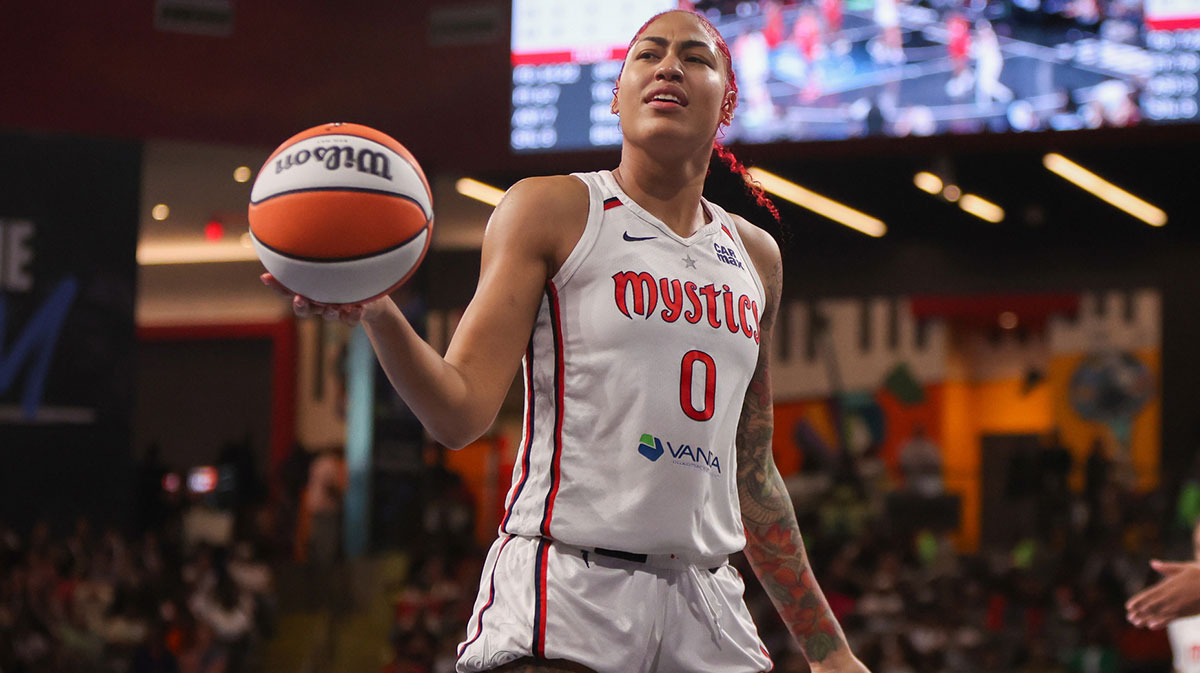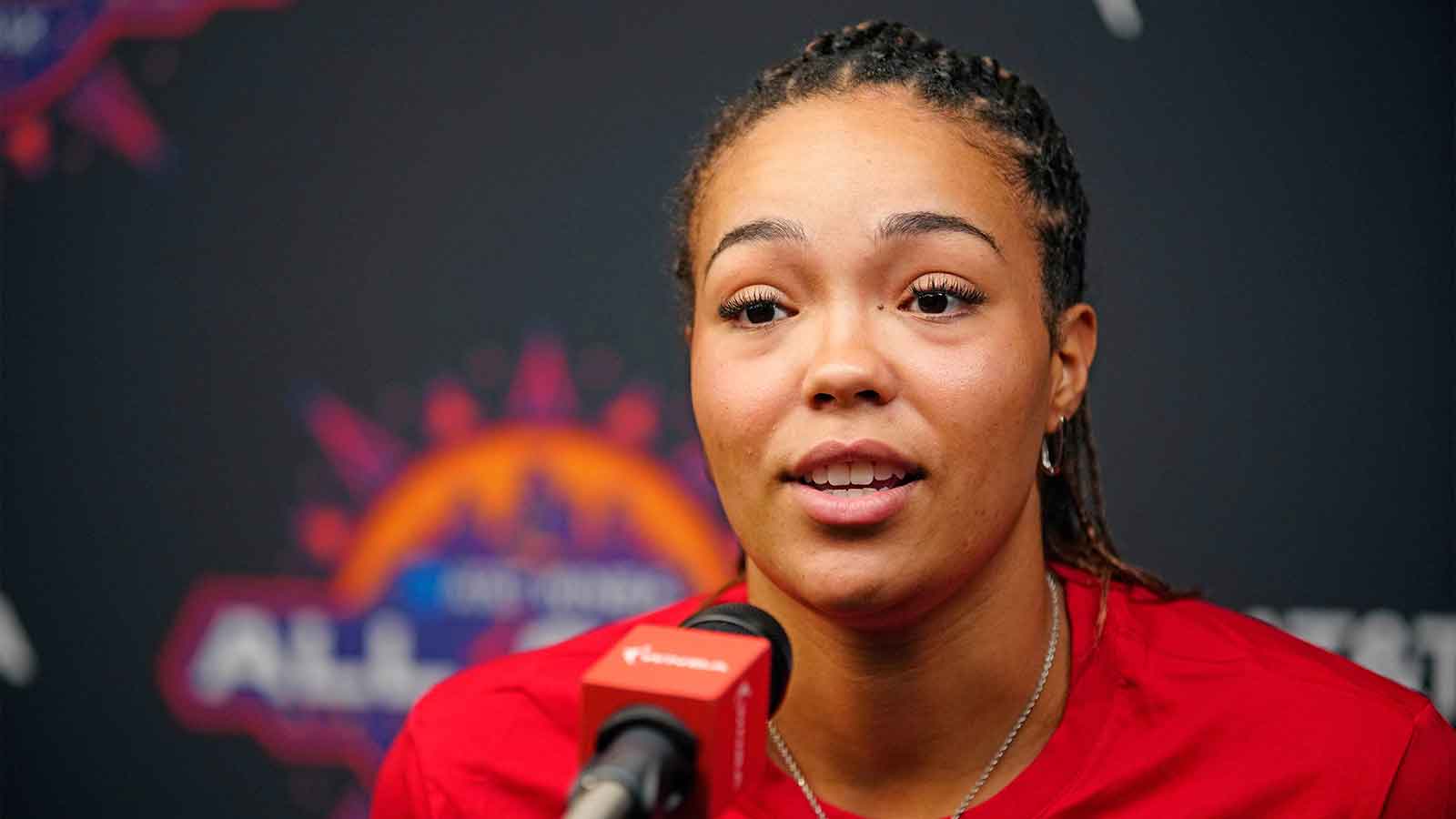Sports commentator Bill Simmons issued a stark warning about a potential labor strike in the WNBA, predicting significant turbulence within the next two years. Simmons, in a recent discussion with Derek Thompson on Friday, highlighted the growing dissatisfaction among WNBA players over the stark pay disparity between them and their NBA counterparts, despite increasing viewership and popularity.
Thompson noted that while the NBA garners an average of 1.6 million viewers per game on major networks like ESPN and ABC, the WNBA is not far behind with an average of 1.3 million viewers. Additionally, games featuring star players such as Caitlin Clark and Angel Reese have drawn even higher numbers, averaging 2.3 million viewers.
“It’s a once-in-a-century moment in American sports,” Thompson said, emphasizing the unprecedented attention the WNBA is currently receiving.
"It's going to lead to a labor strike."
The latest NBA and WNBA media rights deal reportedly values the leagues at $7 billion and $200 million per year, respectively.@BillSimmons and @DKThomp discuss the potential impact of this disparity: pic.twitter.com/sdaGQZCxMB
— The Ringer (@ringer) July 26, 2024
Simmons echoed Thompson's concerns, adding, “It's going to lead to a labor strike is what's going to happen.”
Simmons believes that the players’ growing influence and popularity will inevitably push them to demand better compensation and working conditions. The possibility of forming an alternate league was also mentioned as a potential outcome if the WNBA fails to address these issues. Some WNBA players have already formed one – such as Napheesa Collier and Breanna Stewarts 3×3 league, Unrivaled, which promises to pay the highest average salary in women’s professional sports league history and as well as give equity in the league to its inaugural players.
WNBA legend Sue Bird shares similar opinions to Bill Simmon
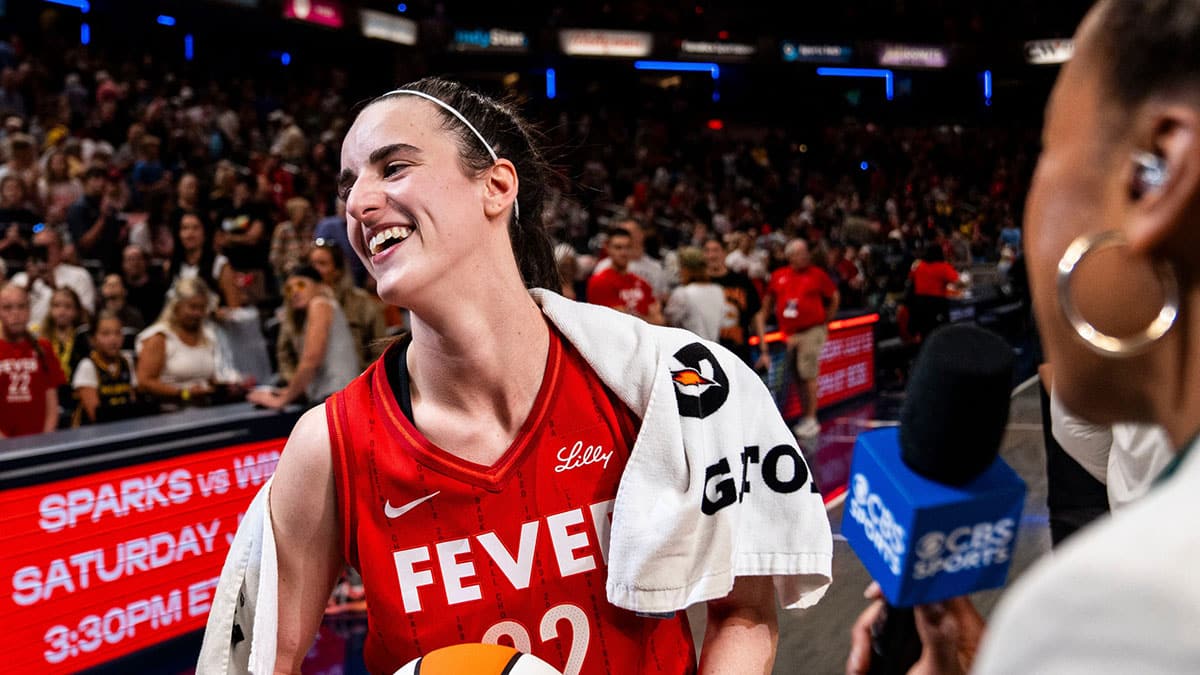
WNBA legend Sue Bird has also weighed in on the matter, urging the league to capitalize on the popularity of rising stars like Clark, Paige Bueckers and JuJu Watkins. Bird stressed the importance of keeping these players within the league to prevent them from seeking opportunities overseas due to money.
“When those kids get to the WNBA, they can't let them ever leave, and that could be a turning point,” Bird said previously.
Simmon’s comments and Bird’s reflect a broader conversation about the evolving landscape of women's basketball. In today's sports era, the influence of athletes is amplified by social media, where college basketball stars like Bueckers and Clark have amassed substantial followings. The WNBA must harness this built-in audience to strengthen its brand and retain its talent.
Cathy Engelbert, the WNBA Commissioner, has addressed the financial narrative surrounding the transition from college to the professional ranks. Engelbert dispelled the myth that turning pro could mean a financial downgrade for stars like Clark, noting that NIL deals in college essentially become endorsements in the WNBA.

